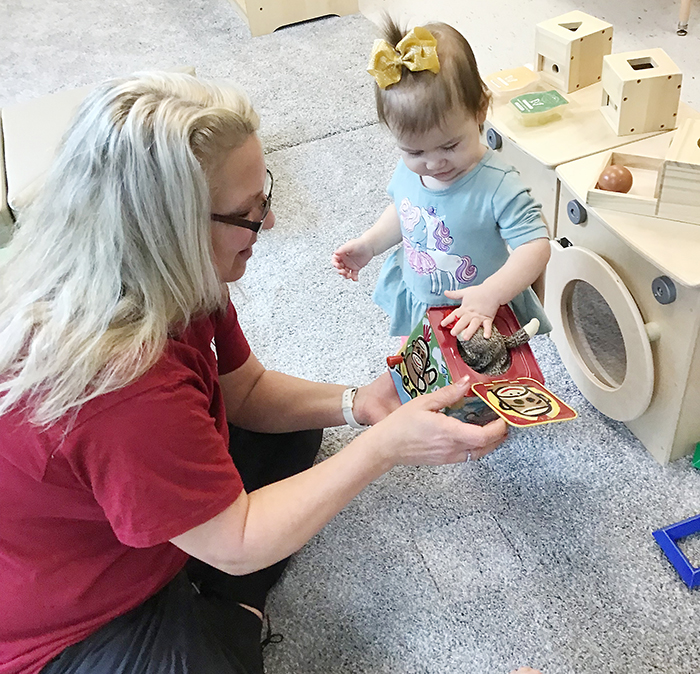
News that the provincial and federal governments have joined forces in a $13.2-billion child-care subsidy agreement is good news for Chatham-Kent, according to local officials, but there is an issue.
Kelly Emery, director of child care, early years and recreation services, said the funds will help drop the per-day cost of child care to just $10 by 2025. However, finding more early childhood educators (ECEs) could slow down the true impact of the announcement.
Emery said parents currently pay an average of $42 a day for licensed child care in Chatham-Kent.
“It’s a bit more for infants and toddlers and a little less for preschoolers,” she said.
For families with children in licensed care locally, they will see relief to their costs almost immediately. Beginning in May, fees will be reduced by an average of 25 per cent retroactive to April 1, with an additional 25-per-cent reduction by the end of 2022.
The provincial government said the funding will include the creation of 86,000 new licensed child-care openings in the province in the coming years. Just how many of those ultimately arrive in Chatham-Kent will be based on the availability of ECEs, Emery said.
“We have difficulty increasing capacity because we don’t have enough quality ECEs. We may have an extra infant room we aren’t able to open because we can’t get enough ECEs to come in,” she said.
The problem is wages. Emery said across the province they don’t “get paid the wages they deserve.”
Local ECEs earn $18 an hour.
“We pay our ECE’s less than we pay our garbage collectors. We need to pay them for the work they are doing,” she said, stressing the importance of stimulating children’s brains at an early age. “In early learning, people don’t really understand brain development for infants and toddlers. The first two years are critical. I don’t think we recognize the work our ECEs are doing.”
There are 3,200 child-care spaces in the licensed C-K system, and they’re all full, with a wait list that is growing.
Emery said the municipality, if it magically had the staff, could add 1,000 spaces and still have people lined up.
“We do have a huge wait list; more than 1,200. Since the (federal-provincial) announcement, 182 new applications have been added to the waitlist,” she said.
One possibility to help with the backlog is to entice informal child-care services offered in the area, usually in private homes, to become licenced. Such operations would be subject to additional guidelines, but would also benefit from being part of the federal-provincial program, Emery said.
To help prepare for the infusion from the new agreement, she said the province is holding a professional development day for their ECEs on May 9. In Chatham-Kent, all municipally run child-care centres will be closed that day.
Emery said between 3,000 and 5,000 ECEs will take part in a virtual gathering for all-day professional development.
“We’ll have those critical conversations so they hear how important they are,” she said. “We want quality child care in Chatham-Kent. We have it and we want to grow it.”






